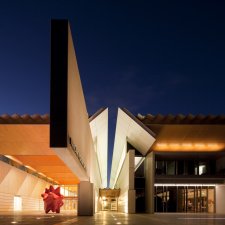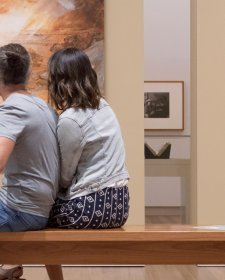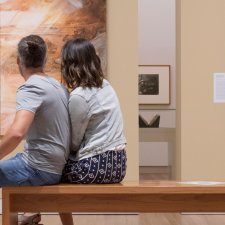- About us
- Support the Gallery
- Venue hire
- Publications
- Research library
- Organisation chart
- Employment
- Contact us
- Make a booking
- Onsite programs
- Online programs
- School visit information
- Learning resources
- Little Darlings
- Professional learning
We let the portraits of these remarkable Australians speak for themselves. Be intrigued and inspired by two-minute personal stories told by the subjects and the artists, and download the audio-guide for iOS and android for a mobile experience.



Visit us, learn with us, support us or work with us! Here’s a range of information about planning your visit, our history and more!



We depend on your support to keep creating our programs, exhibitions, publications and building the amazing portrait collection!



Information on location, accessibility and amenities.